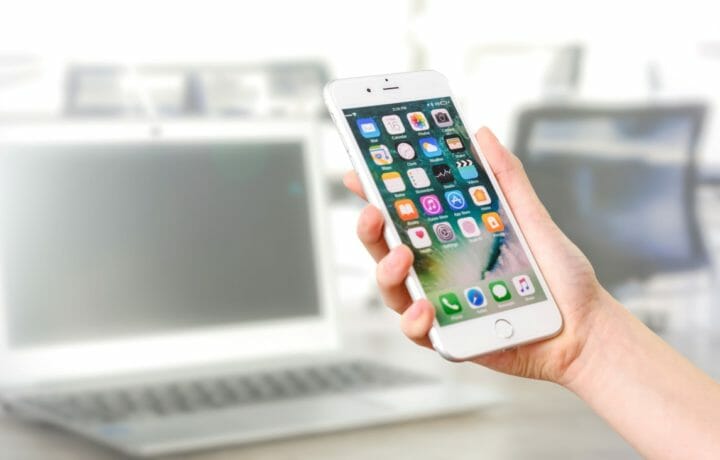Everyone loves apps, and there are so many these days. Smartphone apps have become something we use on a daily basis. From banking apps, food ordering apps, rideshare apps to shopping apps, GPS apps, email apps and more, there is an app for everyone. Most apps are useful. However, there are some apps that are nothing more than timewasters, such as games and social media apps. The average smartphone user spends more than 2 hours a day on social media apps. That might not seem like a lot of time, but remember, that is just the average user, with some users spending much more time. This isn’t a chastisement for using social media apps (but seriously, just enjoy the moment!), this article is meant to educate the government security clearance holder on which apps to avoid. The following list lays out several apps that, if used regularly, could put your clearance in jeopardy.
FaceApp
This app is a serious offender, as it is owned by a Chinese technology company. The app captures loads of personal data, including most importantly your face. Social engineering is a real problem for clearance holders and it is becoming more pervasive by the day. Bad actors are getting better at capturing data by scouring the web and putting puzzle pieces together in order to gain a full picture of their target. FaceApp allows the app owner to own the rights to your personal data and face, which really builds an almost complete picture of who you are. Be smart when using apps such as FaceApp. Decide whether or not you really need to use it before giving China the keys to your kingdom.
TikTok
Much like FaceApp, TikTok is owned by a Chinese entity. While the aim of TikTok isn’t only concerned with capturing your face, it is still a data grab by the app owner – and by association, the Chinese government. TikTok has amassed over 1 billion users since it’s inception, and they continue to grow each quarter. They are consistently on the list of most downloaded apps in Apple’s App store; the popularity of the app is skyrocketing. Don’t let TikTok’s popularity draw you in if you hold a clearance, as there are things that don’t seem to add up with the app. There is a congressional investigation into the means in which the app was acquired from its original owner; that’s not good. This app is just not worth the risk for a clearance holder.
It is a little alarming to have this app show up on a list of apps to avoid, as LinkedIn can be a very helpful tool in securing your next job in the market. However, consider the amount of data that is placed in a LinkedIn profile: full name, headshot, current job title and company you work for, past job titles, education, experience, and all of the other people you connect with. All of that data equates to many pieces of a puzzle that a bad actor can put together to target you. The FBI has pointed out how foreign intelligence agents are using sites like LinkedIn to gain valuable information and recruit users to give them information either willingly or unwillingly. U.S. government clearance holders are being actively targeted on sites like LinkedIn and other social media sites in an effort to grab sensitive data. Don’t be a victim! Use LinkedIn responsibly; don’t accept invitations to connect with people that you don’t know or have never been associated with. Do you due diligence in order to stay safe.
Twitter/SnapChat
Ok, I know these two apps aren’t the same, but I’m lumping them together due to their rapid and easy ability to share personal information online. Twitter is a platform for microblogging, or short 140 character messages to talk about whatever you want to. Some people use this as their own personal soapbox or to share memes, or troll other users. Be careful using Twitter, especially as a clearance holder. Again, bad actors can use the information you overshare on Twitter to piece together a bigger picture.
Snapchat creates real problems for clearance holders, as this platform is generally used to post private images which “disappear” after a set amount of time. It can be used to share where you are or what you ate also, but in honesty, there is a reason that the app’s logo is a ghost. Private photos taken and posted on Snapchat can leak out, other users can screenshot the image before it is gone. Investigators are looking more into applicant online activity, and should they find inappropriate images or propaganda on Snapchat, it will go in your file and could affect your ability to hold a clearance.
Be Smart
If you hold a government clearance, be smart about what you do online. No need to kill all your fun with the apps you have; just be smart. Don’t connect with someone you don’t know, if you are contacted by a foreign person you don’t know, report it. Protect your clearance at all costs, don’t let an app take you down.




